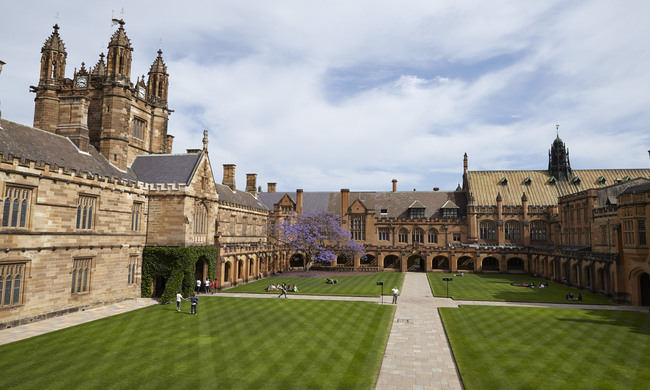This article first appeared in the Colorado Springs Gazette.
The recent decision by the Colorado Supreme Court refusing to recognize public school tenure will spark outrage in some quarters. But it is consistent with tenure’s original and fundamental purpose.
That purpose is to protect intellectual freedom for college and university researchers. It is inappropriate for jobs that do not require research, such as teaching in elementary and secondary schools, community colleges, and some four-year colleges.
But tenure is vital at institutions that expect professors not only to teach but to push back the frontiers of human knowledge. Researchers must be free to explore hypotheses and reach honest conclusions others may find uncomfortable.
Researchers also need protection for publicizing their findings and defending them in the public arena.
You hear much about the ideal university as a place of free and open inquiry. The historical record is far more sordid. Universities frequently have been bastions of intolerance and orthodoxy. As late as the 19th century, you could not teach or enroll at Oxford or Cambridge unless you professed the Anglican denomination of Christianity. Scotland’s leading academic institution, St. Andrews, was closed to all but Presbyterians.
Most early American universities also were founded as institutions of religious orthodoxy. Today they are secular, but not necessarily more tolerant. Imagine how unconstrained academic ideologues would treat an untenured professor who dared oppose same-sex marriage or the global warming “consensus”.
For me, the issue is personal. Early in my career as a University of Montana law professor I examined the state’s legal code to identify laws in need of reform. (I was expected to do this as part of my job.)
At the time, Montana’s top income tax rate was tied for highest in the U.S. After gathering a vast amount of evidence, I concluded that Montana needed to cut income tax rates and the overall tax burden to remedy the state’s perpetual economic malaise.
I publicized these conclusions. They did not sit well among most of my colleagues – for whom, it seemed, no tax was high enough.
Later in my career, I documented publicly what most Montana lawyers were saying privately: The state’s supreme court was acting in a rogue manner, with little regard for the rule of law.
This also provoked fury from other professors, some of whom secretly recognized the problem, but either didn’t want it publicized or who found the court’s decisions politically convenient.
Mostly because of my willingness to speak out on such issues, I endured on-the-job harassment that persisted, to a greater or lesser degree, for over 15 years. Fortunately, tenure protected me from outright dismissal.
Montana lawmakers eventually adopted many of my proposals – particularly, but not exclusively, in tax policy. And the state’s economy improved accordingly.
But without tenure, neither lawmakers nor the public would have learned of my findings. I would have had to suppress them or I would have been fired quickly. And with a wife and small children to support, I couldn’t afford to be fired.
On the other hand, tenure’s protection should not be absolute.
A tenured professional not doing his or her job competently should be disciplined or discharged.
For example, during my career I knew of professors who published just enough to get tenure, but then stopped producing anything more but promises. Others produced material that simply rehashed earlier work.
Tenure should not protect them.









